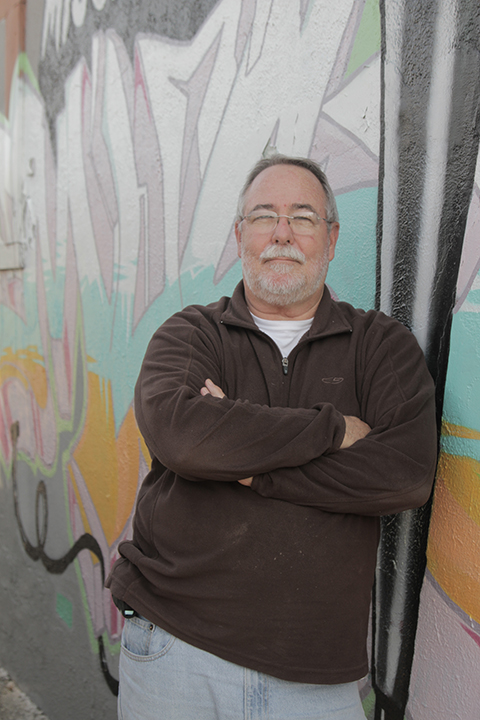Jimmy Dorrell, executive director of Mission Waco and Lecturer at George W. Truett Theological Seminary, discusses how combining ministry in teaching benefits students.
How do you feel about your ministry being referred to as the “Silos of Nonprofit Ministry in Waco”?
We are, after 24 years, a large, comprehensive ministry with 70 staff, and in that sense it is probably unique in terms of the scope. Janet and I moved into the neighborhood 40 years ago and never intended on it being more than just Janet and I and a helper or two. So, what’s happened is a surprise to us just like it is to others. The way it’s grown has not been by any five-year plan or any big desire to be an empire. Our methodology is bottom-up. As a part of Christian community development, we meet the needs of the people, and as we would hang out with them, they would say, “Boy, my husband needs a job.” So we’d create a job-training program. Or “My uncle’s on crack and he can’t find a place to go to,” so we’d create an alcohol and drug rehab. We’ve got 15 programs that all have grown out of our relationships with the poor and the marginalized. 70 percent of what happens here is funded by individuals who believe in us. Living modestly is a part of who we are.
What brought you into teaching?
It’s kind of a back door because part of ministry if you do it right is discipleship and training. Teaching informally has been a part of what we’ve done. When I went back and got two or three other degrees, because of what’s called a terminal degree, I was able to teach at a seminary level. I didn’t wake up and say, “That’s what I want to be.” It’s just that the niche of what we’re about is unique and seminaries wanted that, and I love the balance of academia and practitioner. I love being able to go into the classroom and draw students into the community where we are because this is where they get it. I love watching students come alive and get it.
How does bringing real-life issues into the classroom impact students?
We are strong proponents of experiential education, which is when you put experience and cognitive together. We created the poverty simulation about 30 years ago, before Mission Waco was officially Mission Waco, and I’ve had 24,000 people go through that. It’s this incredible weekend. So we watched it become so transformative. I know when you do the research about how people learn and how behaviors change, very rarely does a sermon change a person and very rarely does a classroom lecture change a person, but when you combine the two together, it changes. To me, it’s the way Jesus taught. Here you are out there with an inner circle, and you feed the masses, then you turn and talk to the inner circle. It’s this didactic, interconnected way of looking at learning, but we-in this institutional world that-we live in we teach in a stoic, cold classroom. So the world is our laboratory – we think it’s our best educational method. So the thing that made teaching fun for me is to be able to do it in this engaging way. We teach as we go. It’s very meaningful and transformative in my mind.
How did you and your wife decide to go into teaching ministry?
We went into ministry for the poor and the marginalized. That’s our calling. But because of who we are in connection to the Baylor campus in particular, we already had students around. We’d have 40 college students in our house on Sunday nights. So, early on the goal wasn’t to invade them in the academic world, it was just to be the college group leader. Being drawn into and privileged to teach in a classroom setting was an add-on. It wasn’t what we intended to do but it’s been a great thing.



